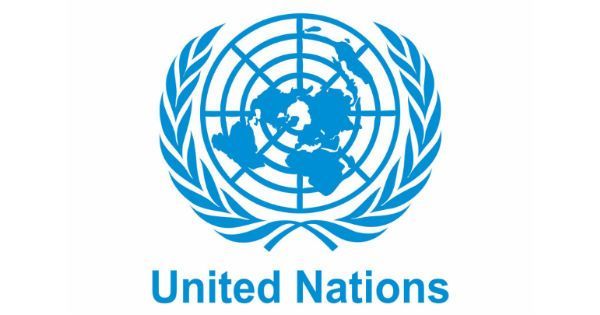
The Indian American Muslim Council has released its Human Rights Compendium Series and the first report in this series called Human rights in India.
It mainly focused on issues like the sedition law, hate speech, national security legislation, citizenship crisis in Assam and the rest of the country, the effect of the Covid-19 pandemic on sanitation workers, migrant workers, fisherfolk, and so on.
It is a comprehensive document that highlights the issues facing modern India under the governance of the current ruling BJP government in power since 2014 and how the actions of the government have affected various strata and classes of people and communities.
The report was launched on January 21 with a webinar.
Different people spoke on it in the webinar, namely Mary Lawlor, UN Special Rapporteur on Human Rights Defenders, expressed grave concern for the treatment of HRDs in India.
Lawlor said, “This is disappointing and counter-productive. Protecting Human rights Defenders is important for the mandate of human rights and I urge the Indian government to work towards the same”. She added, she wrote to the Indian government a lot of times but got a response only once.
buy viagra online https://www.facebeautyscience.com/wp-content/themes/twentytwentyone/inc/new/viagra.html no prescription
On the misuse of the Unlawful Activities (Prevention) Act (UAPA), she said, “Defending human rights is not terrorism and we need to get this message out over and over. UAPA is being used to target HRDs.” She also called upon the government to release Fr.
buy penegra online https://www.facebeautyscience.com/wp-content/themes/twentytwentyone/inc/new/penegra.html no prescription
Stan Swamy, an 83-year-old tribal activist who suffers from Parkinson’s disease, and all the other 15 activists and academics who have been arrested in the Bhima Koregaon case since 2018. “They should not be in jail, they are modern-day heroes,” Lawlor said.
On the incarceration of 83-old Fr. Stan Swamy, Fr. Cedric Prakash said Fr. Stan was interrogated for 15 hrs at a stretch at one time, and how he was hurriedly transferred to Mumbai, from Ranchi into NIA’s custody. His only crime was the impeccable work he had done, living among Adivasis (India’s indigenous people) and helping them fight for their rights, FR. Cedric said and added that Fr. Stan has completely denied having any links with the Bhima Koregaon incident and that he was not present for the event. About UAPA, he said, “It is draconian, anti-constitutional, anti-people, anti-democracy and is used to target HRDs, as also the marginalized and the poor”.
Renowned activist and journalist Teesta Setalvad spoke on the misuse of power by the present government.
“We are at a stage where an elected majoritarian, supremacist government is misusing its power of having been elected to pass laws that make a mockery of democracy and which do not protect human rights but do the contrary,” she said.
She pointed out that apart from UAPA there are other equally problematic laws in the country such as the Armed Forces Special Powers Act (AFSPA), National Security Act (NSA), Public Safety Act (PSA) and such others which have facilitated the violation of human rights on a large scale.
Setalvad further pointed out that apart from the 16 activists and scholars who have been incarcerated in the Bhima Koregaon there are about 23 youths who have been arrested in the aftermath of the Delhi pogrom of February 2020. In the witch-hunt that continued even during the lockdown, the Delhi Police arrested as many as 23 young activists and scholars, including women and most of whom belonged to the Muslim community.
She also spoke of how hatred and othering had crept into the society and propagated by the media-driven by political agenda and pointed out the institutional memory in tackling hatred. She also blamed it on the lack of jurisprudence drawing a line between free speech and hate speech which is why hatred has persisted.
Setalvad also spoke about the citizenship crisis in Assam which left 1.9 million Assamese people in a lurch, without citizenship, leading to what she calls a ‘civil death’ as without citizenship “you no longer exist in the eyes of the state”.
Ajit Sahi, Advocacy Director, IAMC and Rasheed Ahmed, Executive Director of IAMC were the members who moderated the event during the webinar.




